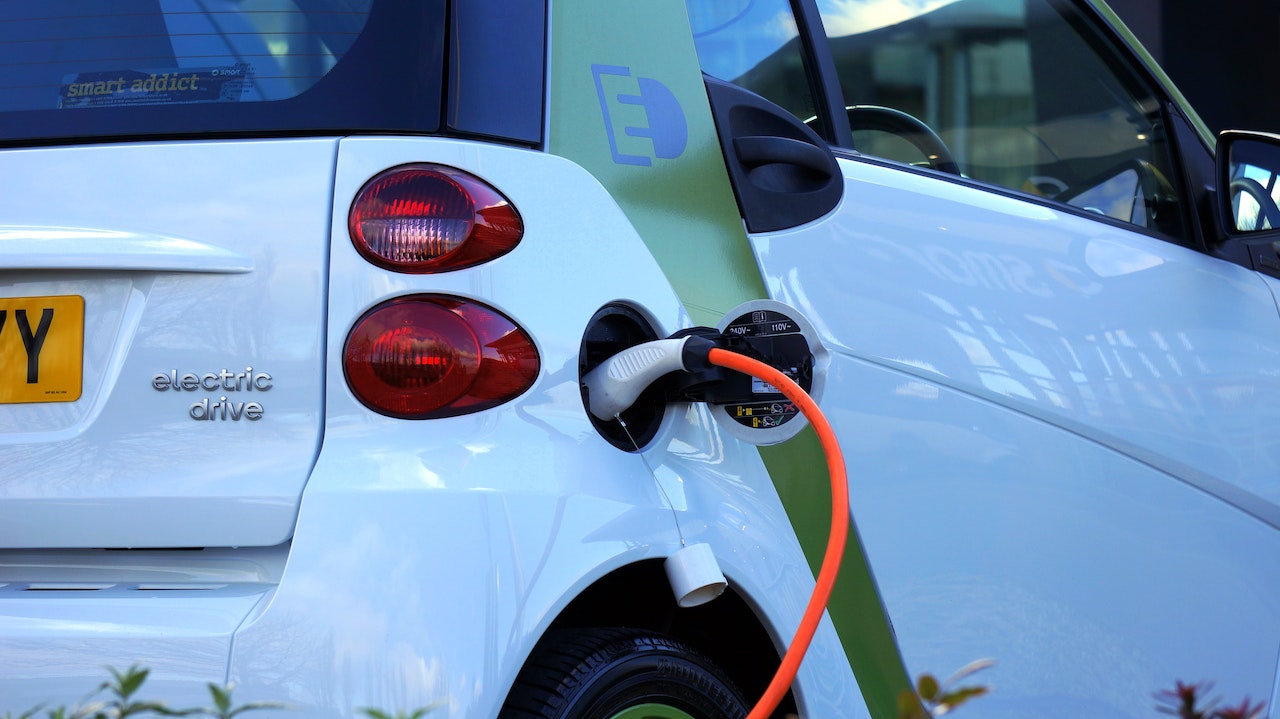Singapore Green Jet Fuel Levy on Travellers Ignites Funding Debate
Morgan Stanley Warns Investors: These Three EV Manufacturers, Not Tesla, Pose a Significant Threat

Morgan Stanley warns investors not to underestimate the impact of Chinese EV manufacturers, highlighting their potential market share gains, especially outside China. The bank believes that EV makers such as NIO, BYD, and Xpeng are poised to benefit significantly from the ongoing transformation in the automotive industry, while traditional global auto brands may face increasing challenges in the EV era.
According to investment bank Morgan Stanley, investors who overlook the influence of Chinese electric vehicle (EV) manufacturers, particularly NIO, may be putting their investments at risk. The bank highlights three key themes driving their concerns: tech diffusion, a multipolar world, and decarbonization. They predict global auto brands may lose 8 to 10 percentage points of market share due to competition from affordable Chinese EV exports and declining internal combustion engine sales. Furthermore, they anticipate China’s dominance in the EV sector to expand globally, with Chinese brands projected to hold a 30% share outside China by 2030. In this scenario, EV makers BYD, Nio, and Xpeng are expected to be the primary beneficiaries.
Morgan Stanley emphasizes the growing importance of China in the automotive industry. As China’s EV market gains momentum, global auto brands are facing challenges due to the superior affordability, variety, and quality of Chinese-made EVs. Chinese brands currently have a smaller market share in Europe’s internal combustion engine market, but they are rapidly expanding their presence in the battery electric vehicle segment. The bank’s analysts point out that the complacency surrounding the profit margin gap between global and Chinese brands may be misguided, with the potential for convergence over the next decade.
In terms of decarbonization, Morgan Stanley’s base case envisions a 40% global EV penetration and a 30% offshore market share for China-made EVs by 2030. They estimate that a substantial capital expenditure ranging from $280 billion to $360 billion would be required during this period. In this scenario, EV manufacturers such as BYD, Nio, and Xpeng are expected to emerge as major winners. Conversely, legacy original equipment manufacturers (OEMs) like Renault, Honda, Volkswagen, Ford, and Stellantis could face greater challenges in adapting to the EV market. Morgan Stanley suggests that for western OEMs to avoid this outcome, their more conservative “slow EV case” scenario, with 25% global EV penetration and 15% offshore market share for Chinese EVs, would need to materialize. However, the bank views this as an increasingly unlikely scenario.

